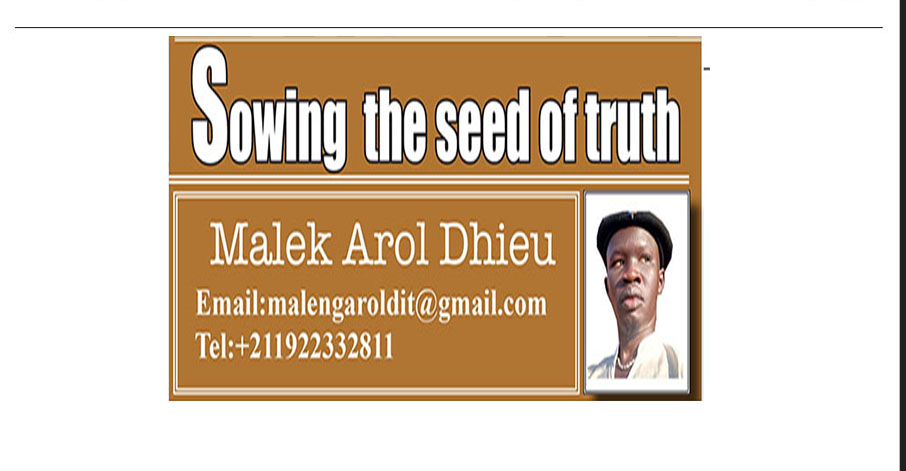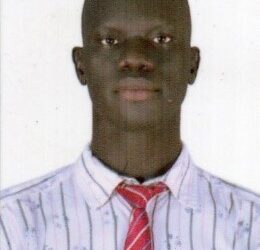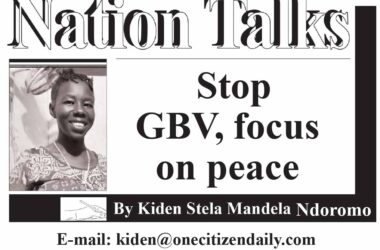By Malek Arol Dhieu
The National Dialogue National Conference, after years of consulting people at the grassroots on what could be the solutions to end South Sudanese sufferings, came up with concrete recommendations that cover and provide solutions to most of the grievances stated by rebels. This goes in line with the current African motto that says, “African solutions for African problems”, no matter how hard the international communities try to bring peace to the country, it won’t last longer. Permanent peace can be brought by South Sudanese themselves, with international communities mediating and soothing the conflicting sides.
Though some of these recommendations are disadvantageous and hard to implement because of their feedback, there will always be one person or group of people to blame for not putting them in reality. These recommendations have opened a new dawn of hope and invigorated the lost trust that, among the same conflicting people, stand those that can provide the best solutions to end conflicts in the country. That is the nature of any country on earth, there must always be warmongers and peace mongers living in a country.
The fact that these recommendations are going to stabilize the country when implemented, is that some of them are preventive measures against future coups, dynasties, totalitarianism, corruption, tribalism, economic derangement, cattle raiding, among others, while others such as federal system of governance and relocating the capital city to Ramchiel are historical as South Sudan will become the second (after Tanzania) East African country to have two capital cities.
The only mendable challenge is the mixture of many systems under one country, as South Sudan was once part of Sudan as 45% or so of government and educational operations are run in Sudan’s system, and because South Sudan became an East African Country after independence, it should behave and operate like an East African country, incorporating some of their cultures, time zones, educational systems, so as to completely attain the true colors of East Africa.
Having fully become an East African Country, almost everything is done according to the tune of East Africa. Now, because of the recommended mixed federal system, South Sudan is again going to adopt another system of governance and all it takes to make her fit in the bucket of federalism. How confused will the operating systems be?
However, a lot of things remained untouched in National Dialogue National Conference, among them are media authorities that suffer suppression, unrecognition, harassment and arrests of journalists whom the public depends on in getting information. More importantly, the retirement is not talked about, not because it is forgotten but because its being talked about greatly backfires a number of those who talk about it.
It is alarming that a number of graduates are loitering in the city without jobs, but they have where to fit in as the Ministry of Public Service can accommodate most of them, but this can take place if and only if the elderly people working in the ministries and other sectors are retired and given their full pensions.
Moreover, many factors undiscussed are said to have contributed to the sufferings of South Sudanese, one of them being the cry of people at the grassroots. People at the grassroots contributed during struggles by giving goats, cows, durra, energy, and everything, with a promise that, when we get independence, these will come back to you in form of services, and when the independence was achieved, the country shortly broke into another version of war, publicly thought to be senseless.
So, this has a profound effect if not addressed properly, but though addressed, there is still a complicated part in it. The people promised during struggles are no more now; they have died while expecting their compensation, and now to be compensated needs the country to render maximum services to the offspring so that it is the offspring, in turn, to convince them ritually.
After the independence, no warlord thanked God for protection, instead, they broke into compensating themselves with public funds, forgetting even a one-day prayer, how do you expect God’s happiness?
The author is a medical student, University of Juba.




